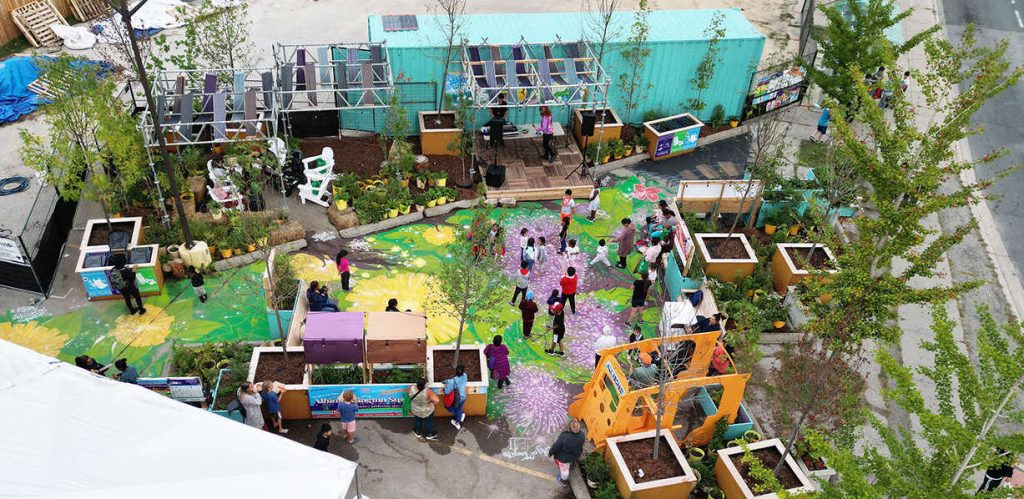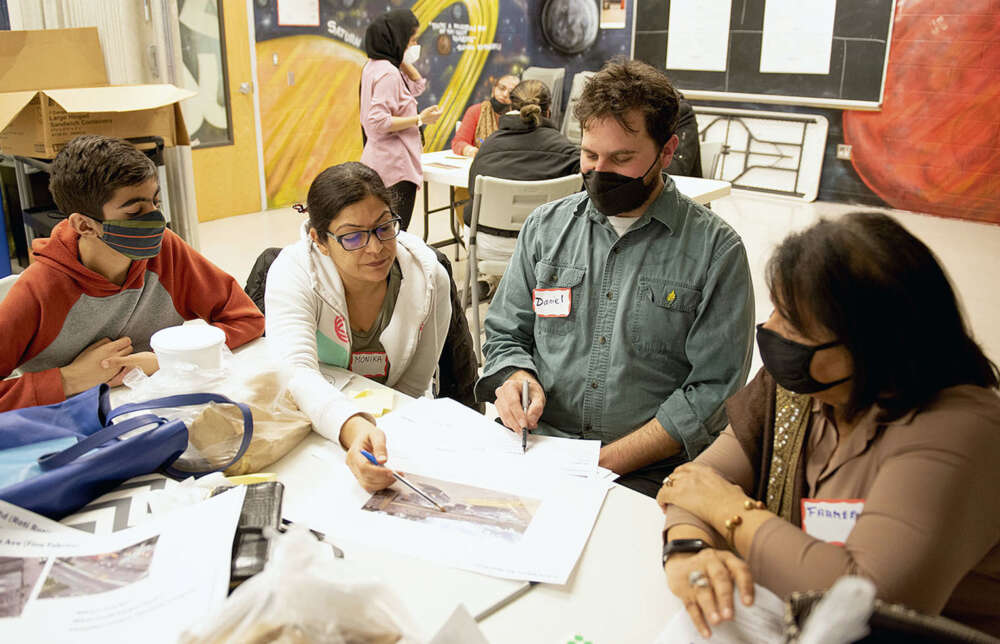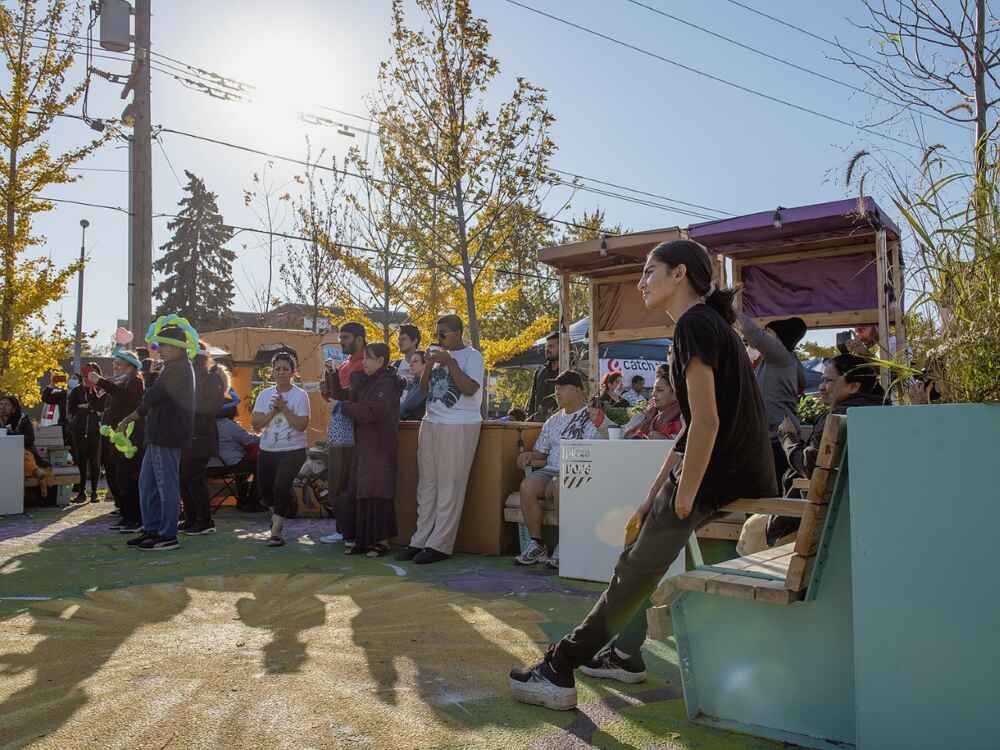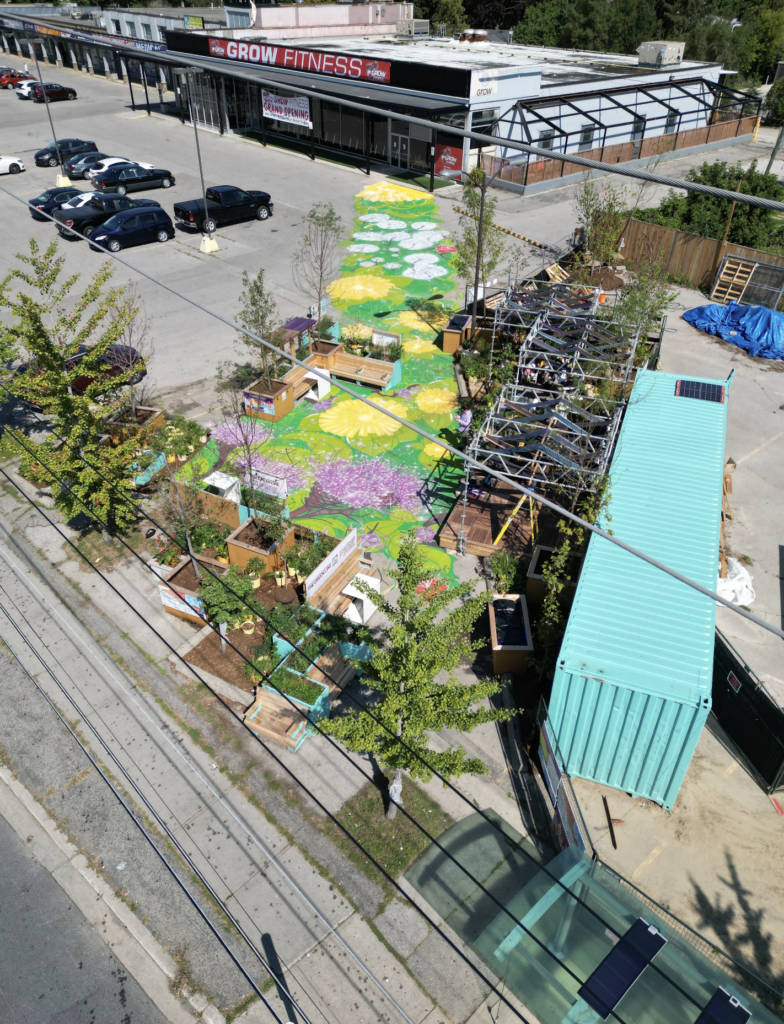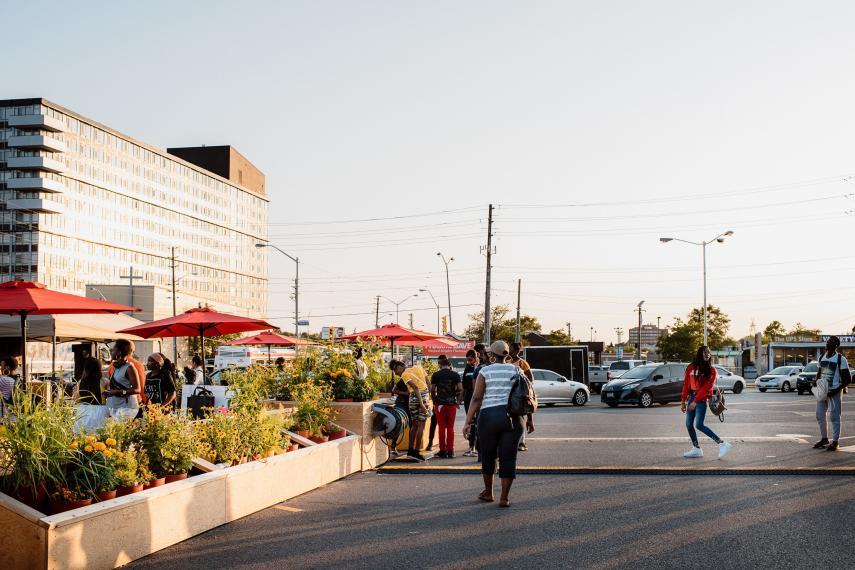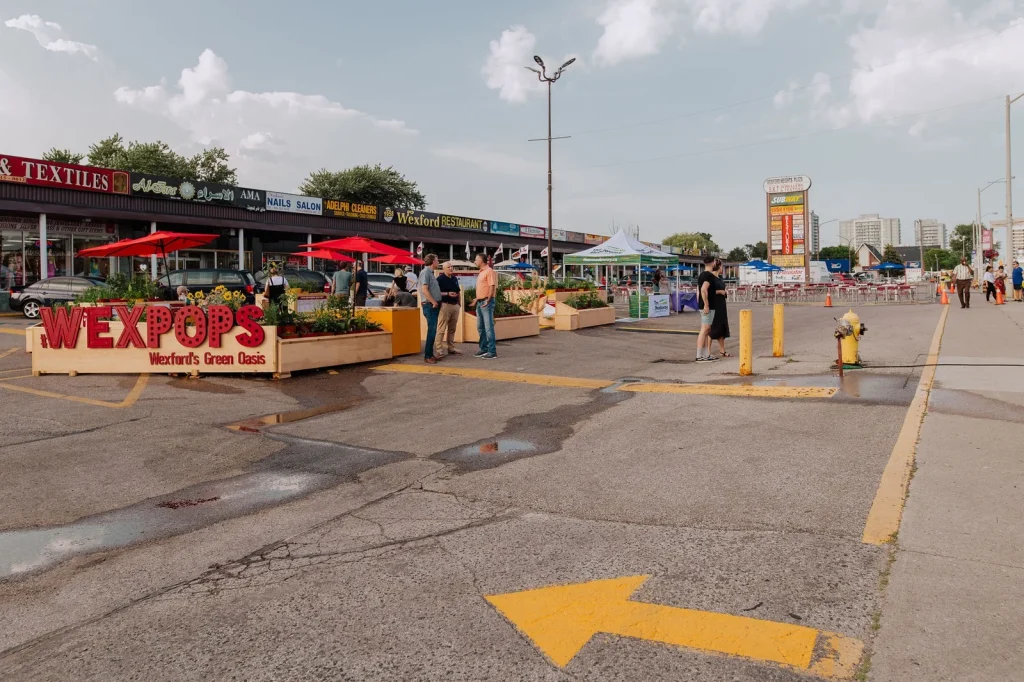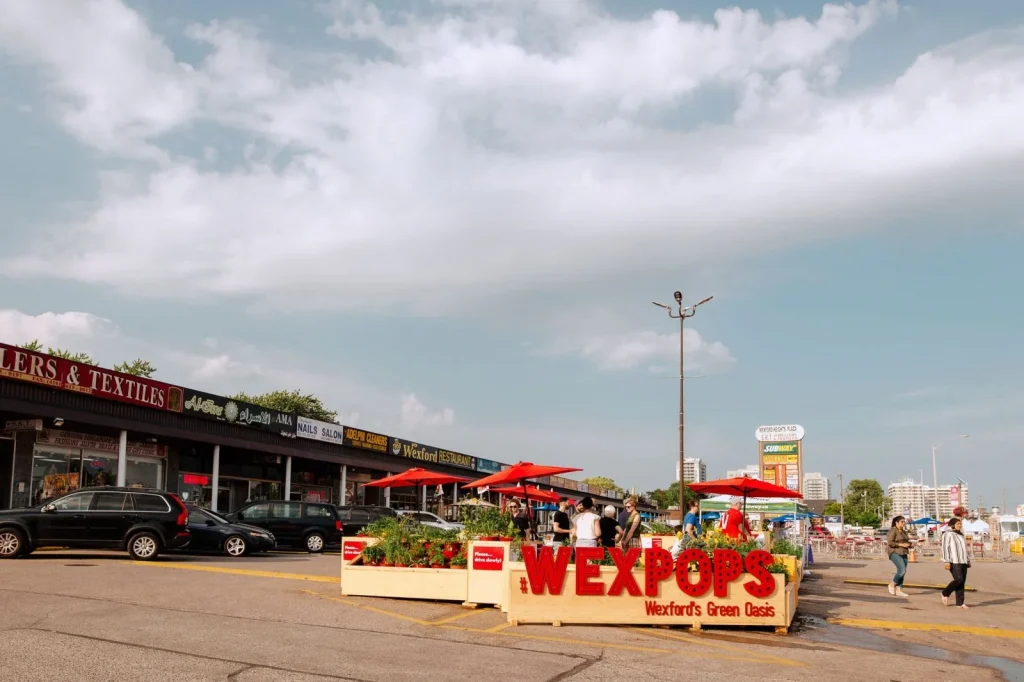Link to article
As Toronto continues to grow, so does the demand and need for new parks and open spaces — but for many, dozens of the city’s public spaces remain hidden in plain sight.
Ten years ago, Toronto introduced “privately owned publicly accessible spaces,” also called POPS. These are areas within private developments that are open for public use, often integrated into densely populated neighbourhoods where new parks aren’t feasible.
According to a city website mapping the spaces, there are more than 200 such spaces across Toronto.
But a decade on, many Torontonians are still unaware of POPS and their intended purpose. That’s because their design sometimes lacks the inviting atmosphere of a traditional park, leading to confusion about whether people are welcome to use them.
And while many of the spaces are marked by small plaques, it’s easy to to overlook them.
“You don’t know whether you’re able to sit and hang out there or if you’re going to be yelled at by security,” said Wesley Reibeling from Park People, an organization that encourages people to get outside and use community parks.
Often, the city will negotiate with private developers to include POPS as part of the development application and review process.
“If you think of our public spaces like parks and courtyards, this is another piece of that,” Reibeling said. “In neighbourhoods … where communities live in dense
pockets, we cant just pop a park out of nowhere. So how do we make use of the space that’s already here? We can work with local developers to create spaces like POPS.”
But Paul Hess, a professor in the University of Toronto’s department of geography and planning, believes that better design and signage could help make POPS more inviting.
“It’s not just a space for the people that belong in the building,” Hess said. “The signage could be better.”
For many, POPS offer a valuable addition to the city’s landscape, but some advocates emphasize that as Toronto develops, preserving and expanding traditional green spaces should remain a priority.
Daniel Rotsztain, executive director of a company called Plaza POPS wants to see more accessible public space in the city. Its aim is to create gathering places where already existing vibrant culture, community and business can continue to thrive.
“There is an inequity in access to what we call social infrastructure like community centres, parks and even those beloved stores where everyone knows your name. A lot of it is concentrated in the downtown core and along the subway lines. There’s less of it in the inner suburbs in Toronto,” he said.
“We want to work with communities to create social infrastructure that represents them, take ownership of and express what their community wants and needs.”
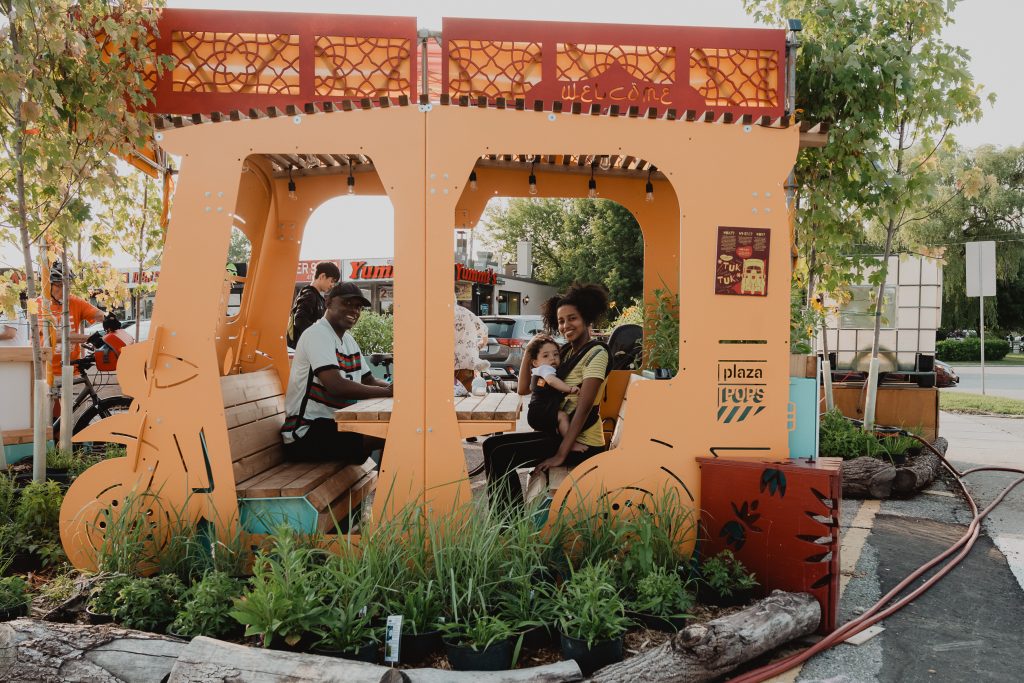

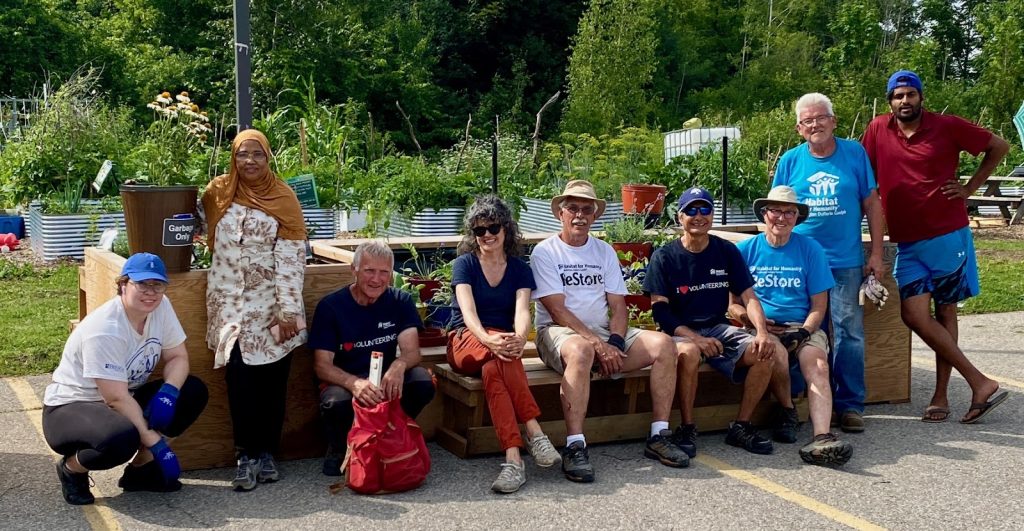
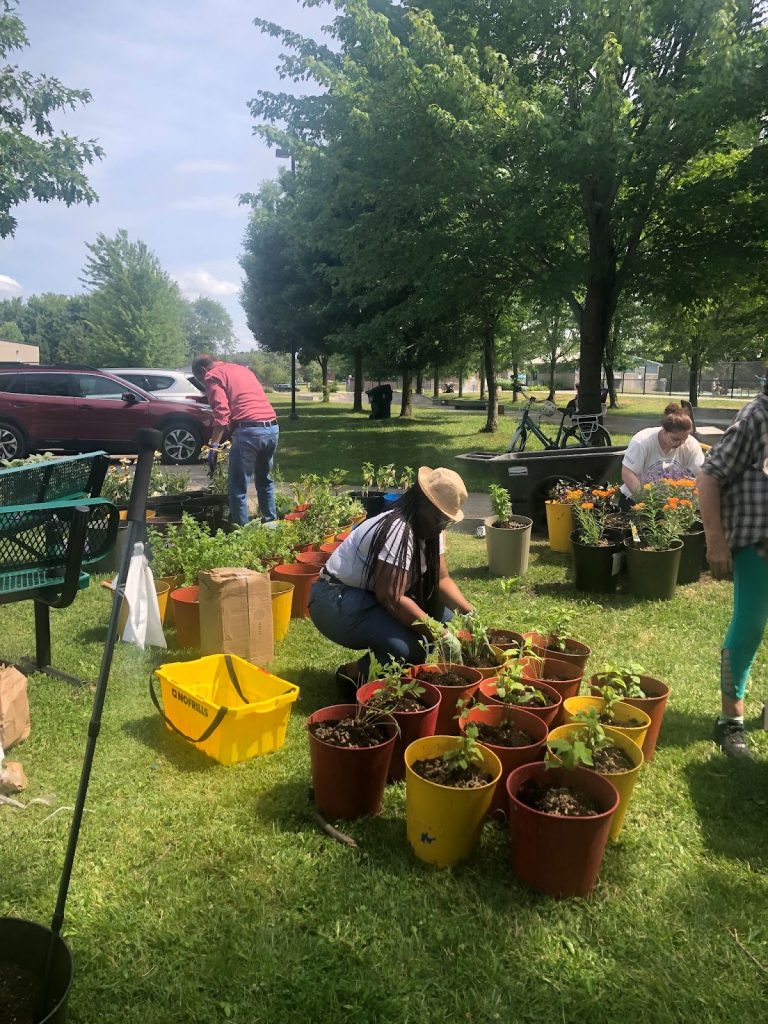
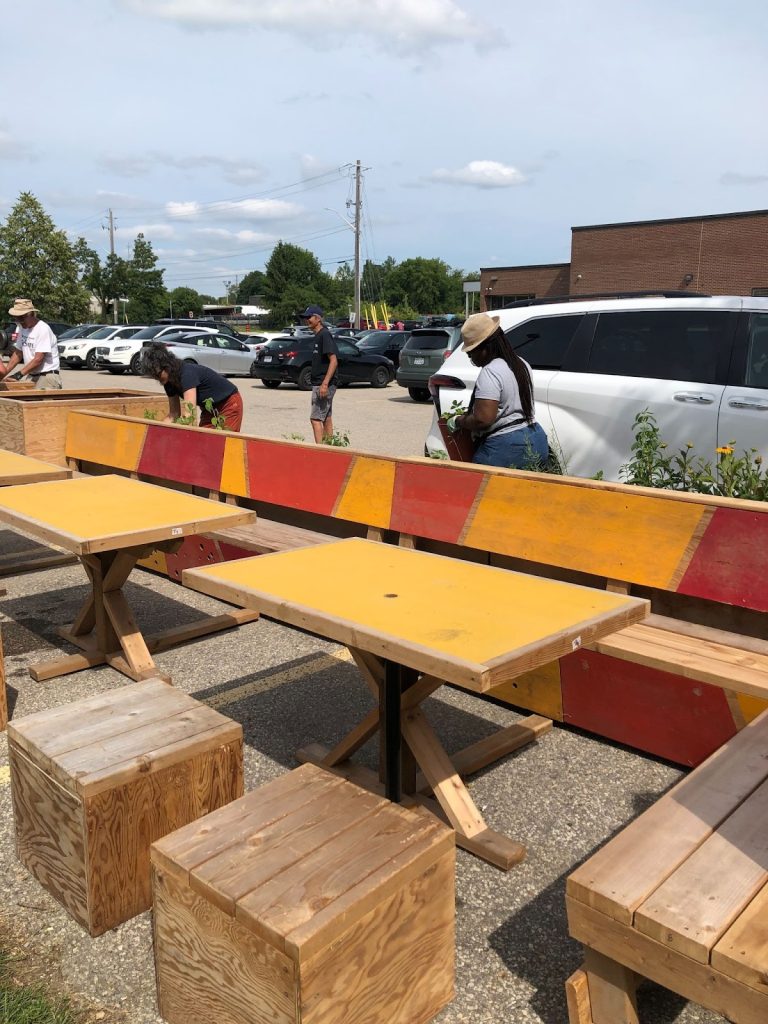
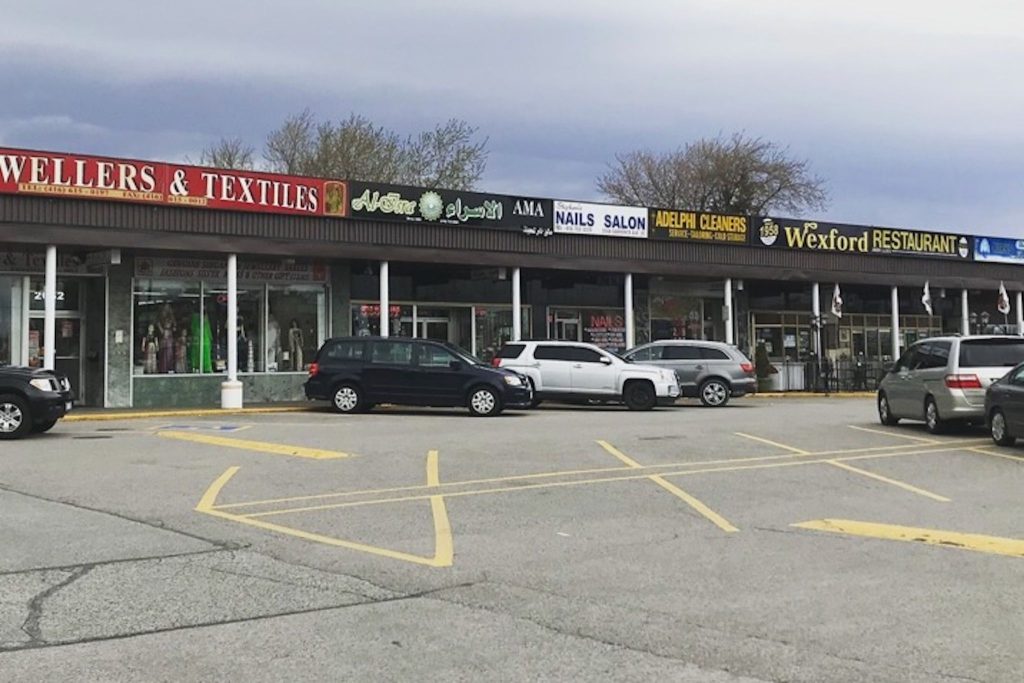
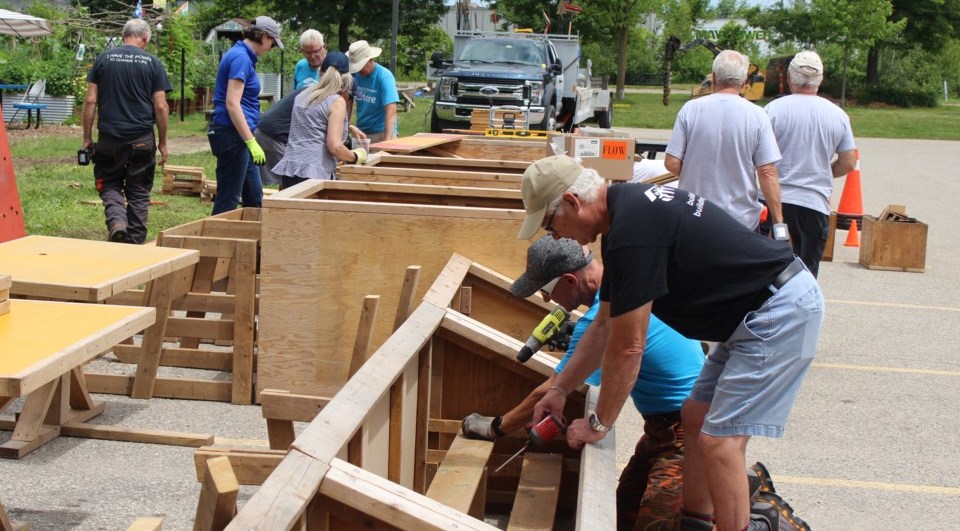
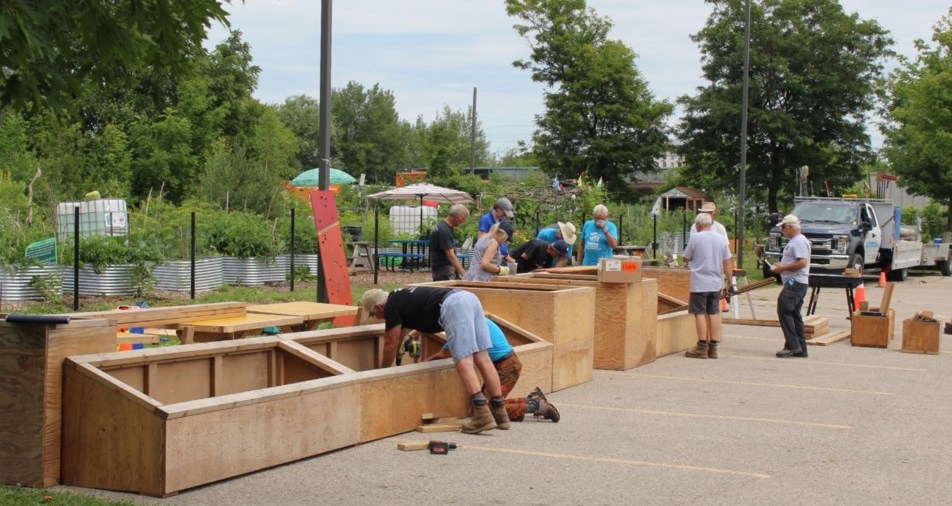
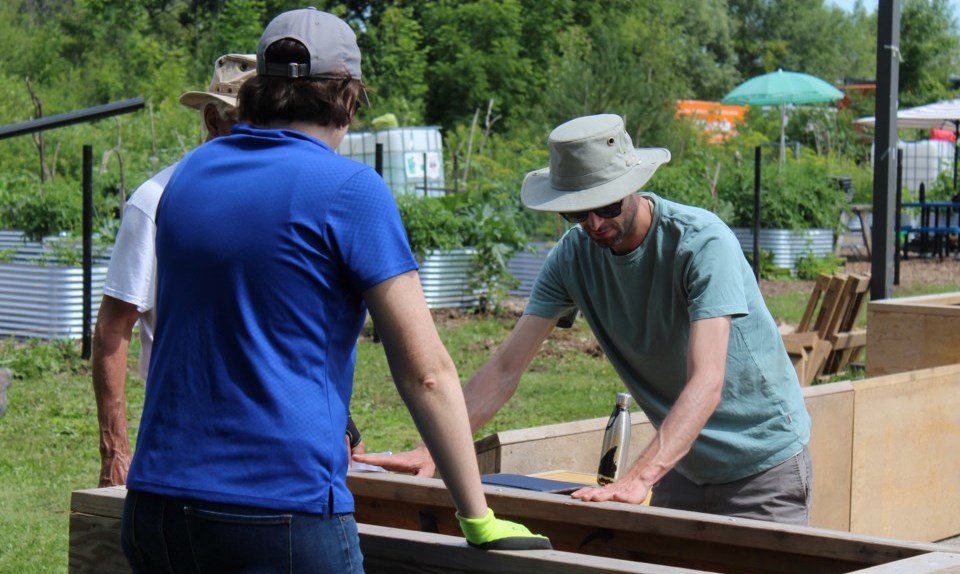
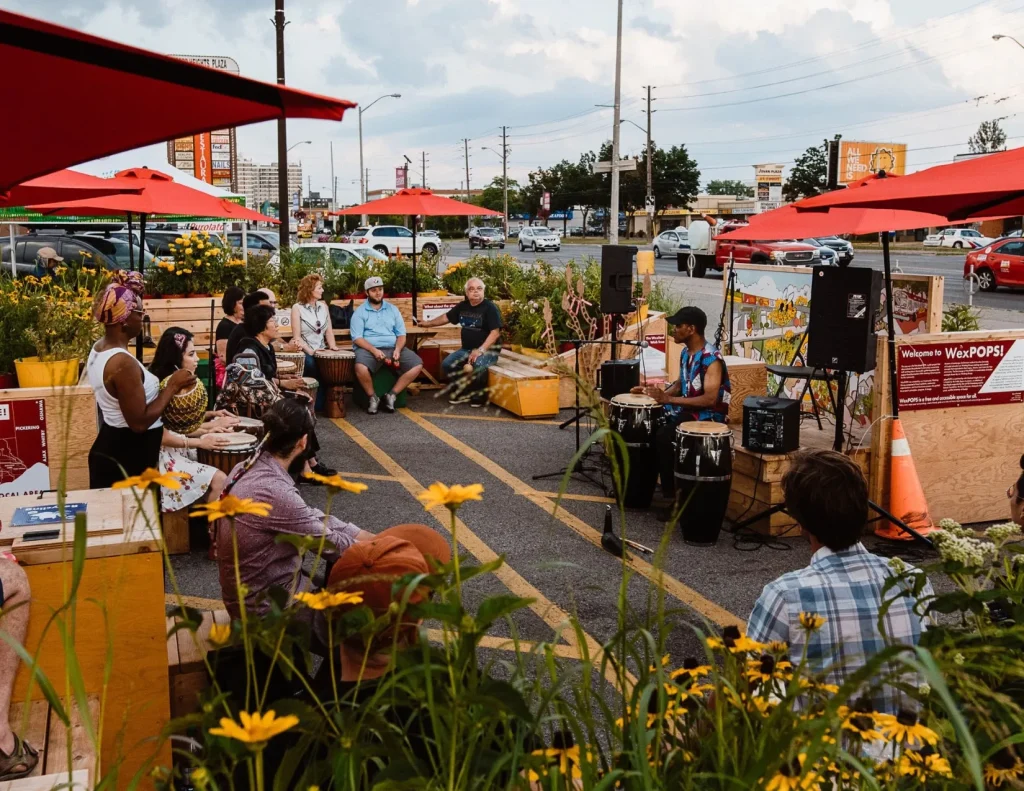
 The City of Guelph is bringing back the plazaPOPS program this summer with the help of Our Food Future’s Reimagine Food initiative.
The City of Guelph is bringing back the plazaPOPS program this summer with the help of Our Food Future’s Reimagine Food initiative.